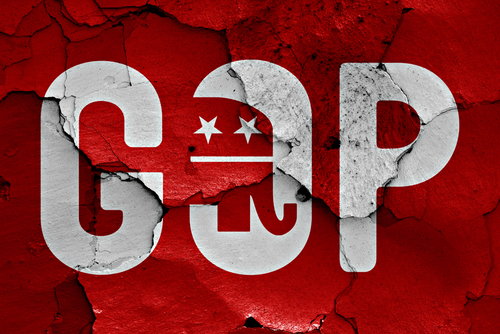
The Republican Party’s recent electoral triumphs place them on the verge of unprecedented control over U.S. government, setting the stage for comprehensive policy reforms and intensifying challenges for the Democratic Party. How big will the changes be for the United States? How much resistance can the GOP expect?
Republicans Secure Key Victories
Recent electoral results have propelled the Republican Party into a formidable position of authority, capturing both the presidency and the Senate. With their hold on the House appearing robust, Republicans stand on the threshold of unified governmental control. Republican House Speaker Mike Johnson remarked, “this historic election has proven that a majority of Americans are eager for secure borders, lower costs, peace through strength, and a return to common sense” .
Amid these developments, Donald Trump emerges as a key player, his leadership poised to steer the Republican agenda across multiple fronts. The implications of his potential second term raise discussions concerning the future landscape of American governance. Key focus areas for anticipated policies include immigration, healthcare, and national security.
Ambitious Republican Agenda
Republicans are outlining an ambitious plan which includes overhauling immigration policies, possibly leading to “the largest deportation operation in American history”. This transformative agenda dovetails with Trump’s influence, where critics assert that the party has evolved to prioritize his personal goals over traditional party policies.
A total landslide. Complete bloodbath. pic.twitter.com/GEji403vYj
— Gain of Fauci (@DschlopesIsBack) November 7, 2024
Environmental policy shifts are likely, emphasizing fossil fuel expansion and withdrawing from international climate accords. Additionally, public lands might open for increased oil and gas production. Conservative voices within the party maintain that these initiatives are necessary for reinvigorating American industry and job creation.
Democratic Party’s Challenges
The Democratic Party faces a pivotal moment, tasked with reassessing strategies to counteract these Republican advances. With Trump in a potential second term, the Democrats are expected to witness an aggressive push back on policies implemented during the Biden administration. Key areas targeted include reversed gun safety measures and changes to federal non-discrimination policies concerning LGBTQ+ rights.
312 electoral votes
Popular vote by 5 million.Wipeout. pic.twitter.com/AEc1KgtdXo
— Catturd ™ (@catturd2) November 7, 2024
Foreign policy might undergo significant alterations, potentially straining alliances such as NATO and reevaluating U.S. relations with key international players like China and Israel.
The Democratic Party’s response during this period will be crucial in shaping future political dynamics and preventing the consolidation of a shift towards more authoritarian governance structures.











